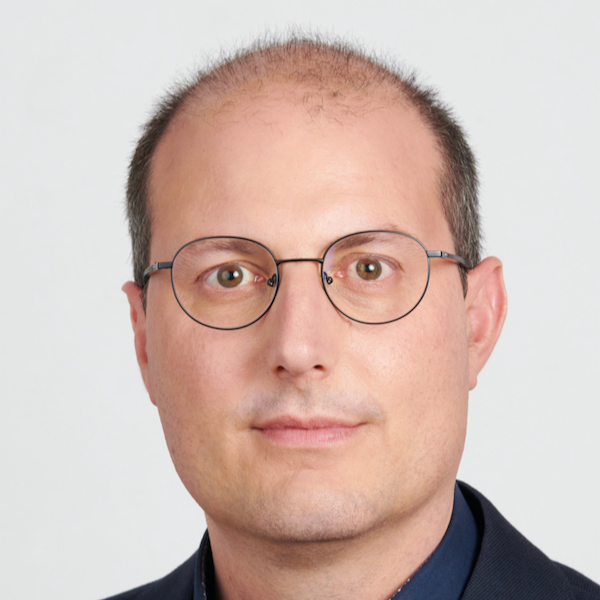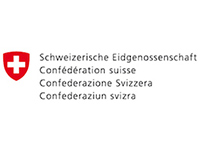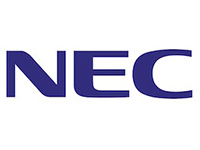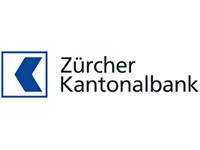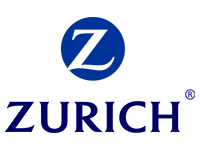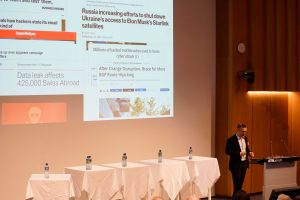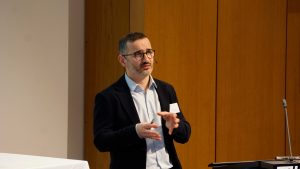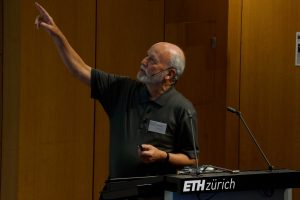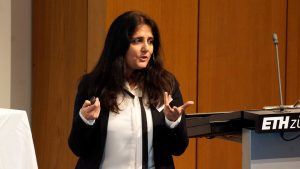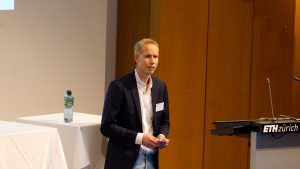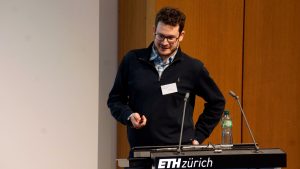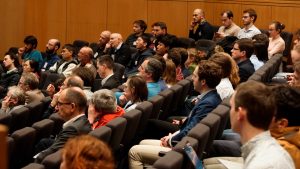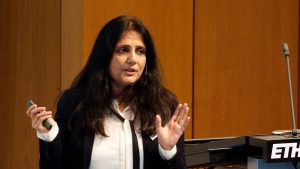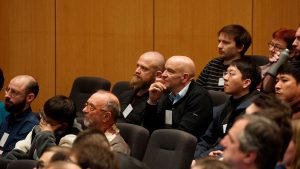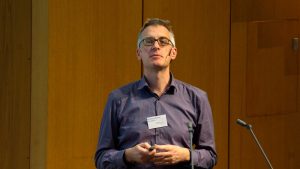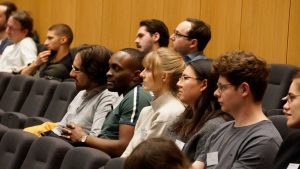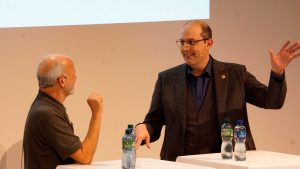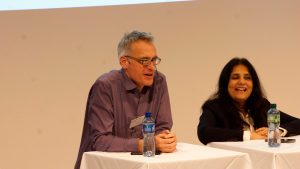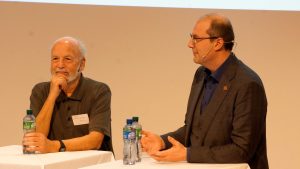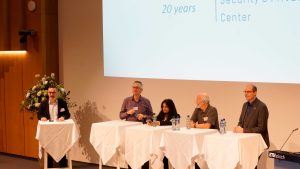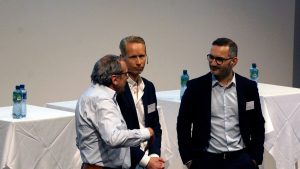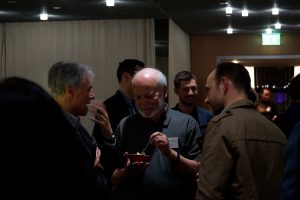
ZISC: 20 years Celebration – 06.03.2024
Zurich Information Security and Privacy Center (ZISC) was established in 2003 to bring academia and industry together to address the information security challenges of tomorrow. Today, this mission remains more relevant than ever.
On March 6, 2024, we celebrate the 20 years of the ZISC center with a special event and a networking Apero at ETH Zurich’s Audi Max and Dozentenfoyer.
Speakers and panelists
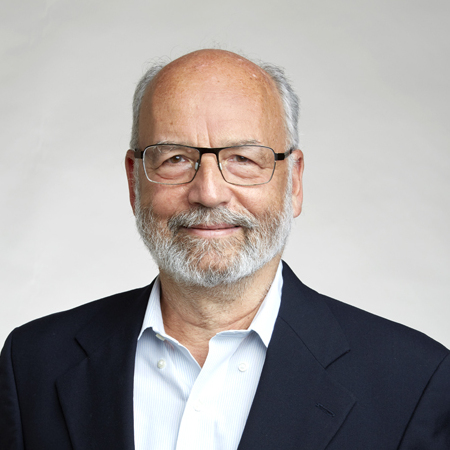
Prof. Adi Shamir:
Turing-award winner and one of the founders of modern cryptography. Professor of Applied Mathematics at the Weizmann Institute of Science.
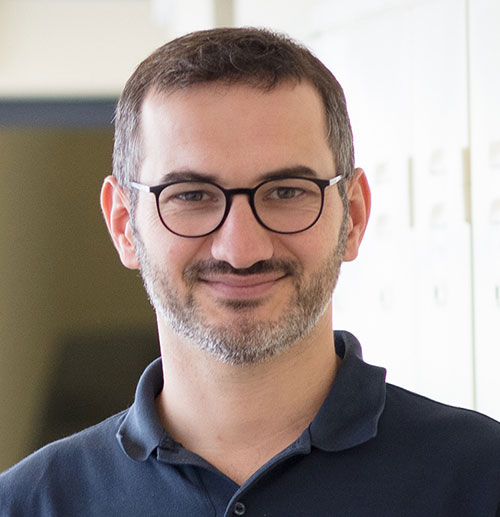
Prof. Srdjan Capkun:
Chair of the ZISC center and Professor at the Department of Computer Science at ETH Zürich, where he leads the System Security Group.
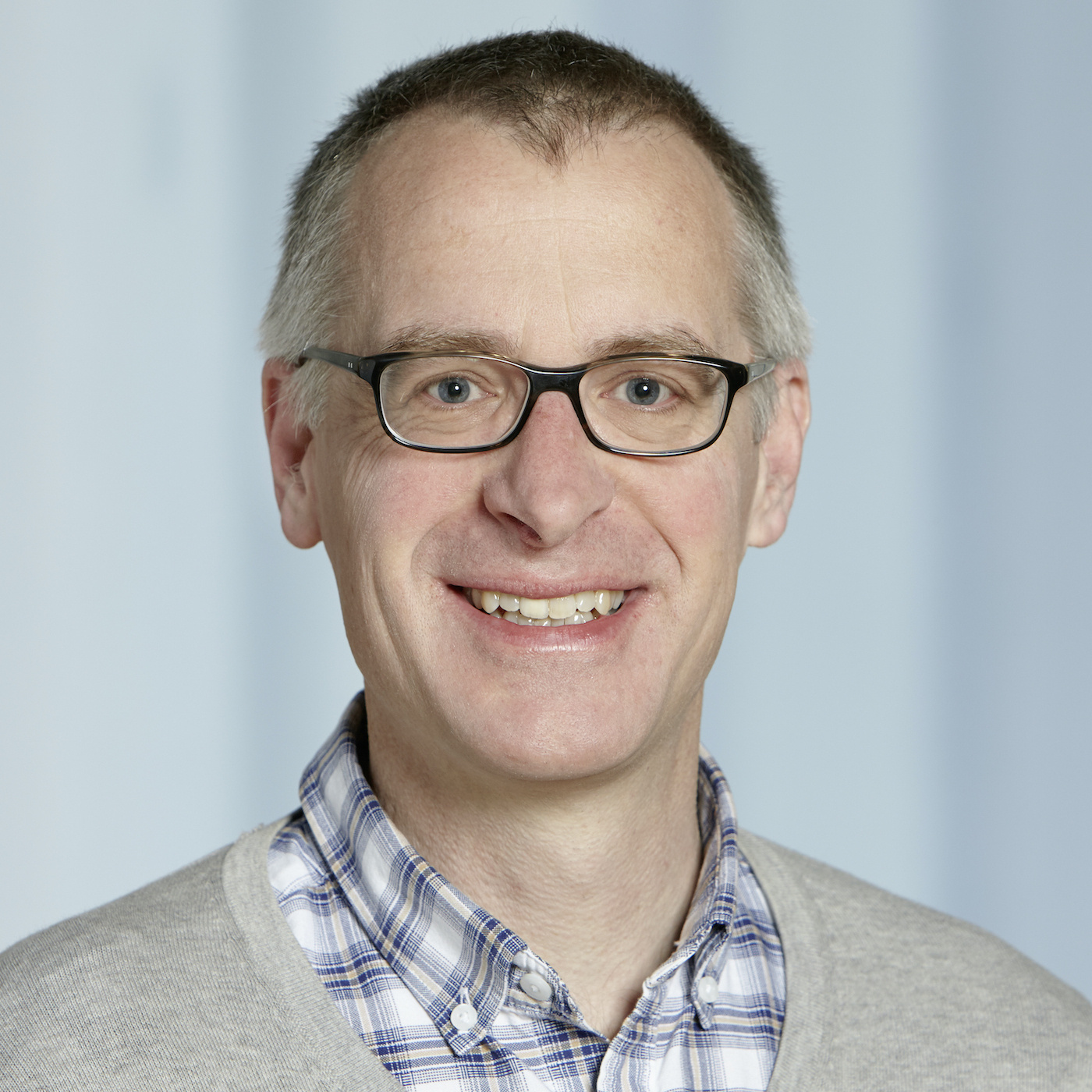
Prof. Kenneth Paterson:
Professor and Head of the Department of Computer Science at ETH Zürich, where he leads the Applied Cryptography Group.

Mona Vij:
Principal Engineer and Cloud and Data Center Security Research Manager at Intel Labs, where she focuses on Confidential Computing.
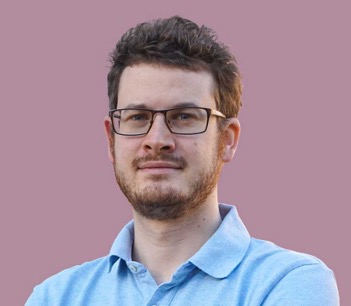
Prof. Florian Tramèr:
Assistant Professor at the Department of Computer Science at ETH Zürich, where he leads the Secure and Private AI Lab.
Program
14:00: Registration and Coffee
14:30: Welcome words by Günther Dissertori
14:35: ZISC history and outlook: Srdjan Capkun
14:55: Keynote Talk: Why is it so easy to fool deep neural networks? Adi Shamir
15:40: Research talk: Challenges in end-to-end encrypted cloud storage, Kenny Paterson
16:00: Industry talk: Pervasive Confidential computing, Mona Vij
16:20: Research talk: Security and privacy of AI, Florian Tramer
16:40: Panel discussion: Great security risks and opportunities
– host: Srdjan Capkun
– panelists: Florian Schütz, Mona Vij, Adi Shamir, Kenny Paterson
17:30-20:00: Networking Apero at Dozentenfoyer
Registration
Registration deadline: 28.02.2024
Location
When: March 6, 2024
Where: ETH Zürich, Audi Max (HG F 30), Rämistrasse 101, 8092 Zürich
Apéro at Dozentenfoyer
Directions: The funicular “Polybahn” is your easiest way up the hill. You can also take tram #6 (direction Zoo) from stop “Bahnhofstrasse/HB” or tram 10 (direction Airport) from stop “Bahnhofplatz/HB” to stop “ETH/Universitätsspital”.
Partners
Background
The information security landscape is in the middle of a disruption. One reason behind this is the rapid emergence of powerful new technologies. To name just one popular example, generative AI tools have recently become significantly better at producing content. One obvious threat related to such systems is the easy production of misinformation. Another commonly acknowledged problem is that such models provide no guarantees that the produced text is correct and free of harmful content. However, there are also other, more subtle risks. For example, sophisticated adversaries can influence models and their output by manipulating the training process. Such developments lead to the current worrisome situation where many companies plan to move fast to deploy these technologies, despite the fact that the risks of such systems are still poorly understood.
Another example of new emerging technology is the prospect of quantum computing. While it will likely take several years before quantum computers become practical, organizations need to start migrating their IT systems to post-quantum secure implementations today. The scale and complexity of this migration task pose non-trivial technical challenges. Another reason behind the current disruption is geo-political. The wars in Ukraine and the Middle East have affected the security landscape of Europe irreversibly.
Cyber attacks against critical infrastructure, denial-of-service, and misinformation online are just a few examples of increasingly relevant threats. Also, the growing tension between the US and China has implications beyond these two countries. Export controls and “chip wars” have forced governments and companies to rethink questions related to technology sourcing and computing sovereignty. Organizations in Switzerland and elsewhere need to use the latest technologies to remain competitive. However, at the same time, they struggle to find solutions that give them sufficient independence.
Besides such emerging threats, organizations continue to struggle with more traditional information security problems: ransomware remains a major headache for companies, phishing campaigns remain prevalent, large data leaks continue to damage the reputation of compa- nies, and the increasing complexity of IT systems makes it difficult to apply best security practices. Although these IT security problems are well understood, the existing tools and technologies are insufficient to eliminate them.
ZISC Center
The Zurich Information Security and Privacy Center (ZISC) was established in 2003 to bring academia and industry together to address the information security challenges of tomorrow. Today, 20 years later, this mission remains more relevant than ever. The ZISC center is formed around its eight faculty members whose research groups combined include more than 100 researchers (mainly Ph.D. students and postdocs) working in various aspects of information security, privacy, and cryptography. The center approaches its mission in the following ways:
- We conduct PhD-level research projects that address the information security and privacy challenges in different ways. First, we study emerging technologies to understand their novel security and privacy risks and threats. Second, we develop new security tools and solutions with strong guarantees. Third, we tackle the fundamental open questions of information security and privacy.
-
We educate the next generation of academic researchers, information security experts, and IT professionals. In addition, we support educational programs in Swiss primary schools and gymnasiums.
-
We create an environment where promising young researchers can launch startup companies and commercialize their research results.
The main research areas of the center include the security and privacy of AI technologies, secure and sovereign computing, foundations of cryptography, future Internet architecture, secure positioning and localization, trusted execution, access control, security protocol verification, and blockchain technology
Contact
- Prof. Srdjan Capkun, Chair of ZISC
- Dr. Kari Kostiainen, Director of ZISC
- Saskia Wolf and Vivien Klomp, Administration and event organization

